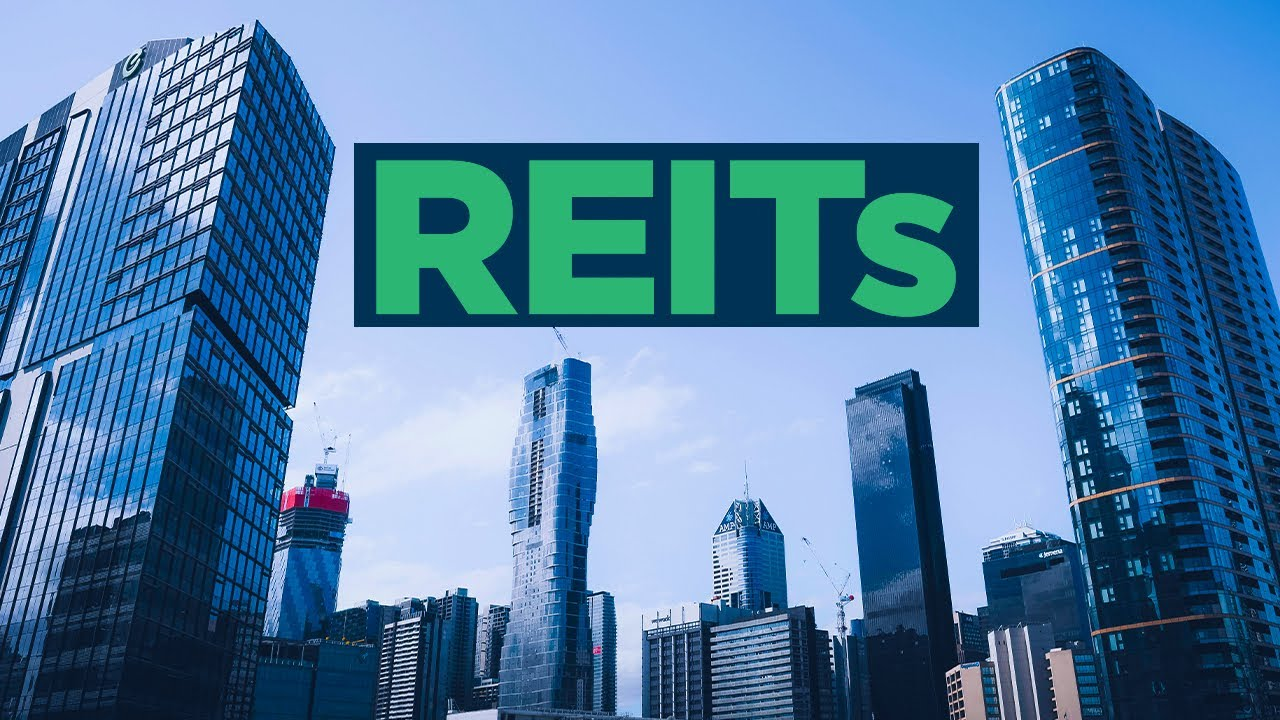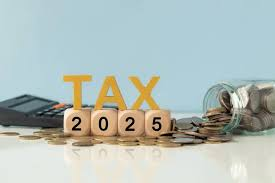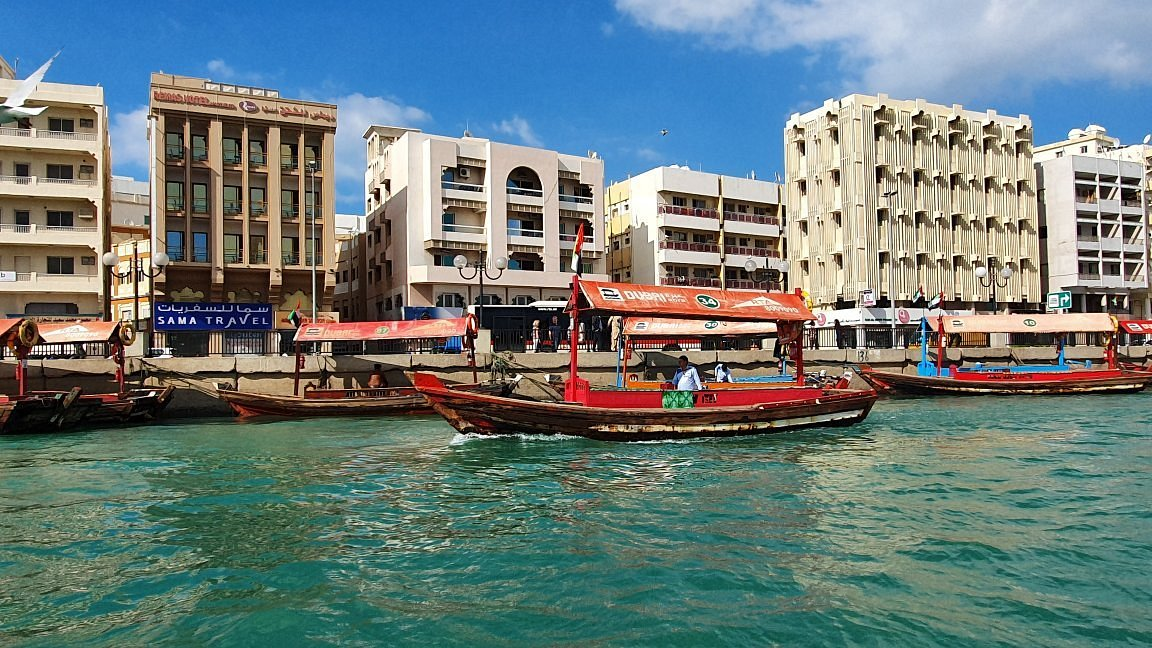Now Reading: Dubai : 5 Key QIF and REIT Tax Exemption Rules in 2025
-
01
Dubai : 5 Key QIF and REIT Tax Exemption Rules in 2025
Dubai : 5 Key QIF and REIT Tax Exemption Rules in 2025

Table of Contents
QIF and REIT Tax: Dubai’s real estate market reached AED 239 billion ($65 billion) in Q1 2025, with a 19.46% residential price surge in 2024, per Dubai Land Department. Real Estate Investment Trusts (REITs) and Qualified Investment Funds (QIFs), like Dubai’s AED 21.6 billion Residential REIT, offer 6–8% yields, per Dubai Holding.
Tax exemptions under UAE Federal Decree-Law No. 47/2022 on Corporate Tax (CT) and Cabinet Decision No. 34/2025 enhance their appeal for non-residents, with no capital gains tax (CGT). This article outlines five key tax exemption rules for QIFs and REITs in Dubai in 2025, with U.S. tax considerations, without external links.
Why QIF and REIT Tax Exemptions Matter?

Dubai’s 4.1% GDP growth forecast, 3.5 million population, and 22 million tourists in 2024 drive REIT and QIF demand, per World Bank and Dubai Tourism. Exemptions from 9% CT, effective since June 2023, and 5% VAT boost returns in a market with 90% occupancy in prime areas. Key impacts include:
- Tax Savings: 1–2% increase in net yields.
- Yield Stability: 6–8% dividends; 5–7% price growth.
- Compliance Costs: 0.3–0.5% for advisory fees.
- FDI Appeal: AED 50 billion ($13.6 billion) in real estate FDI in 2024.
5 Key QIF and REIT Tax Exemption Rules in 2025
1. CT Exemption for Regulated REITs and QIFs
REITs and QIFs regulated by DFSA or SCA, like Emirates REIT, are exempt from 9% CT on income if 80% is distributed annually, per UAE Federal Tax Authority. A AED 1 million investment yielding 7% saves AED 6,300 in CT.
- Impact: Boosts net returns by 1–2%; supports 6–8% yields.
- U.S. Tax Consideration: Dividends on Form 1040, Schedule B; credits on Form 1116.
- Action: Invest via Dubai Financial Market (DFM); verify with DFSA.
2. No Withholding Tax on Distributions

Non-residents face 0% withholding tax on REIT and QIF dividends, per UAE Ministry of Finance. A AED 2 million Dubai Residential REIT investment yielding 6% generates AED 120,000 tax-free, unlike 10–30% in markets like Singapore.
- Impact: Enhances ROI by 1–3%; attracts 15% more FDI.
- U.S. Tax Consideration: Report dividends on Schedule B; assets over $50,000 on Form 8938.
- Action: Buy units on DFM; confirm via fund prospectus.
3. VAT Exemption on Residential Fund Dividends
Dividends from residential REITs and QIFs, like those holding Jumeirah properties, are VAT-exempt, per UAE Federal Tax Authority. Commercial funds face 5% VAT on services, but residential funds save AED 5,000–10,000 annually on a AED 1 million investment.
- Impact: Increases net yields by 0.5–1%; supports 85% occupancy.
- U.S. Tax Consideration: Dividends on Schedule B; depreciation on Form 4562.
- Action: Target residential REITs via Emirates NBD; check VAT status.
4. Free Zone Tax Benefits for Fund Domiciles
REITs and QIFs in free zones like DIFC or DMCC are exempt from 9% CT on qualifying income, per UAE Federal Tax Authority. DIFC-based Emirates REIT yields 5–6% tax-free, saving AED 9,000 on a AED 1 million investment.
- Impact: Boosts returns by 1–2%; draws 20% more investors.
- U.S. Tax Consideration: Report income on Schedule E; accounts over $10,000 on FinCEN Form 114.
- Action: Invest in DIFC funds; verify via DIFC Authority.
5. No Tax on Capital Gains from Fund Units
Gains from selling REIT or QIF units are CGT-exempt for non-residents, per UAE Federal Tax Authority. Selling AED 1 million in Emirates REIT units at AED 1.2 million yields AED 200,000 tax-free profit.
- Impact: Enhances total returns by 5–10%; encourages trading.
- U.S. Tax Consideration: Gains on Form 8949; defer via IRS Section 1031 on Form 8824.
- Action: Trade units on DFM; confirm tax status via RERA.
Key Considerations for U.S. Investors
- Risks:
- Oversupply: 41,000 units in 2025 may soften yields by 0.5–1%, per Cushman & Wakefield.
- Volatility: 5–8% price fluctuations possible, per Omnia Capital.
- Compliance Costs: Advisory fees add 0.3–0.5%, offset by exemptions.
- Tax Compliance: UAE’s 5% VAT on commercial services and 9% CT apply above AED 375,000. IRS requires Form 1040, Form 1116, Form 8938, Form 8824, Form 4562, and FinCEN Form 114.
- Regulatory Compliance: DFSA mandates KYC; AML fines up to AED 500,000. Verify via RERA.
- Currency Stability: AED pegged at 1 USD = 3.67 minimizes exchange risk.
Conclusion
Dubai’s 2025 QIF and REIT tax exemptions—CT relief, no withholding tax, VAT exemptions, free zone benefits, and CGT-free gains—drive a $65 billion market with 6–8% yields. U.S. investors, leveraging IRS credits and tools from DFM, DIFC, or RERA, can maximize returns via Emirates REIT or Dubai Holding’s Residential REIT, ensuring compliance and strong profits in Dubai’s vibrant real estate landscape. QIF and REIT tax
read more: 7 Powerful Impacts of Domestic Minimum Top-up Tax in 2025





















